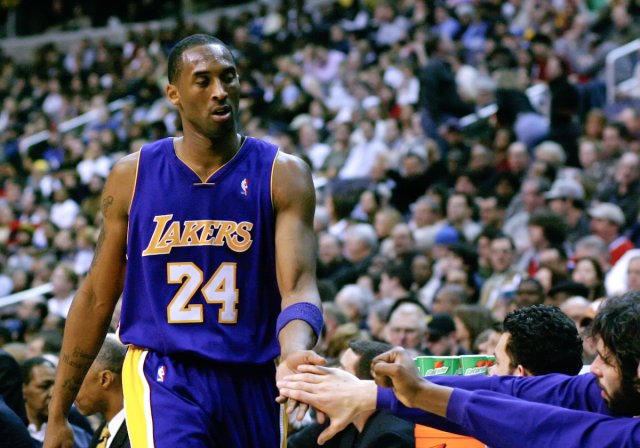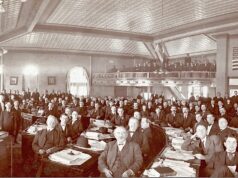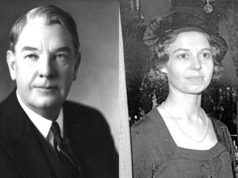
Kobe Bryant died in a fiery helicopter crash Sunday morning in California’s Los Angeles County. Eight others died as well, including Bryant’s 13-year-old daughter, Gianna, and two young teammates from her basketball team.
An outpouring of grief from those who loved Bryant followed immediately. They spoke of Bryant’s dedication to his craft, his raw athletic talent and his role as a loving and engaged father of four who craved time with his family so much that he negated Los Angeles’ notorious traffic jams by chartering helicopters.
Bryant won five world championships with the Los Angeles Lakers and is currently fourth on the NBA’s all-time scoring list. He was among the first professional basketball players to skip college entirely, landing in the NBA as a teenager.
But like so many of our heroes, the legacy of Kobe Bryant doesn’t come without complications. In 2003, a 19-year-old Colorado hotel employee accused Bryant of raping her. Bryant, who was married at the time, initially denied the encounter but later admitted to having what he called consensual sex with the woman.
Bryant was charged with one count of felony assault, but the criminal case was dropped after 14 months because the victim ultimately decided not to testify. Bryant did settle a civil lawsuit with her in 2004, and he ultimately released a statement saying he realized the woman did not consider their sexual encounter to be consensual.
Legacies are often complicated
On Twitter, it didn’t take long for people to bring up the 2003 incident on the day of Bryant’s death. Much of that reaction was met with strong backlash from Kobe Bryant fans. The Washington Post suspended a reporter who simply tweeted a 2016 Daily Beast story about Bryant’s 2003 rape case without comment. (She later tweeted about death threats she received as a result.)
It can be argued that the timing of bringing up Bryant’s past indiscretion on the day of his tragic death shows poor taste. But even when someone beloved dies, their life should be judged in its totality, for better or for worse.
And Bryant is far from the only flawed hero in human history. Legacies are often complicated.
I have long admired President Franklin D. Roosevelt as a man who led the nation through the Great Depression and war with Japan and Germany from a wheelchair. But FDR also put thousands of Japanese Americans in internment camps and turned a blind eye to the civil rights struggle in the southern states because he needed white votes.
Nelson Mandela endured a life of hell in his quest to eradicate Apartheid in South Africa. He was held as a political prisoner in brutal conditions for decades. Mandela is a hero by any measure. But he has also been accused of being a womanizer and was accused of having physically assaulted his first wife.
Mahatma Gandhi seems like a safe, benign choice of a hero, but it turns out the man who led India’s break from the British Empire had some odd views about women and sex that have come under scrutiny during the #MeToo era. He also wrote in 1903 that black South Africans are “troublesome, very dirty and live like animals.”
Abraham Lincoln crushed a treacherous rebellion in the South and freed the slaves, but he also said this in a debate with Stephen Douglas:
“I am not nor ever have been in favor of making voters or jurors of Negroes, nor qualifying them to hold office, nor to intermarry with white people.”
Emmeline Pankhurst was a hero of the British suffragette movement at the turn of the 20th century. Her leadership helped women gain a right they should have never been without. But she also sanctioned violence in service of that goal. Suffragettes planted bombs at Westminster Abbey and the British Museum, among other locations. They targeted property, not people, but it’s mostly luck no one was killed.
Even Mother Teresa has her detractors.
In that sense, Kobe Bryant is in good company. All of the above accomplished great things in their lives. And all of them had their personal flaws and mistakes that made their already rich legacies a little more complex.
While those aspects of their lives can be disappointing — and even a little inconvenient to talk about at any time — they are part of the story.
Without such details included, those stories are incomplete.





















